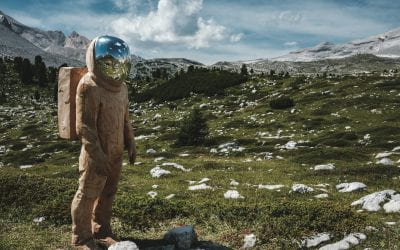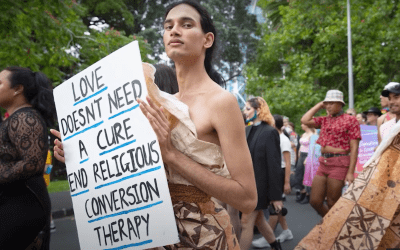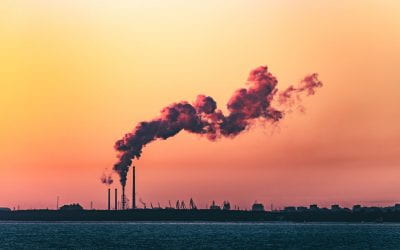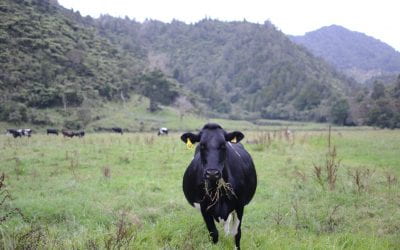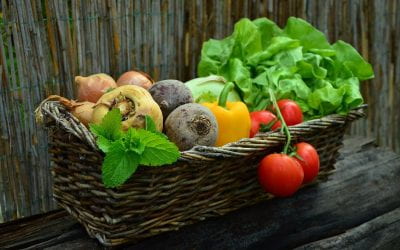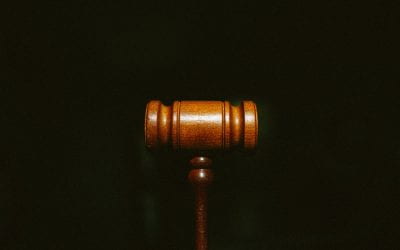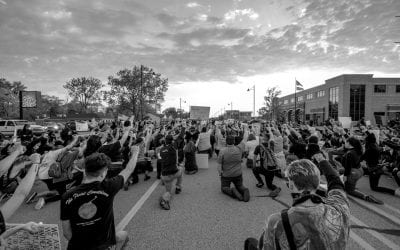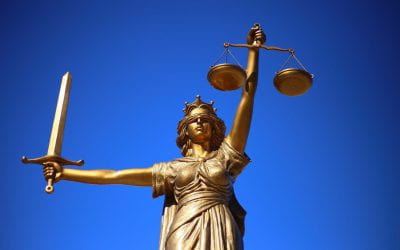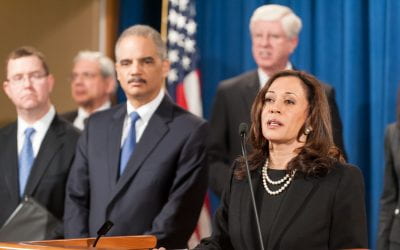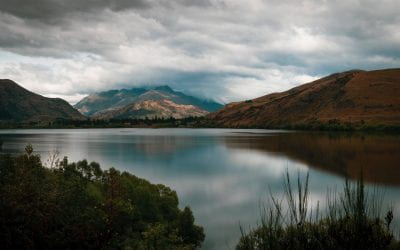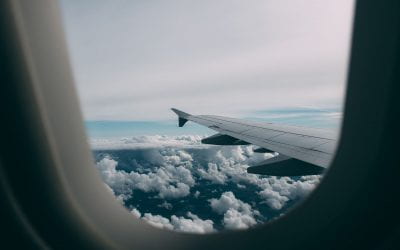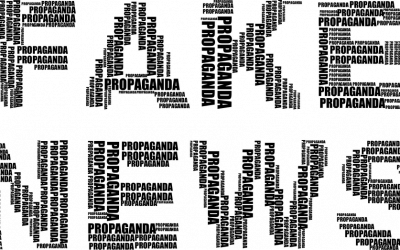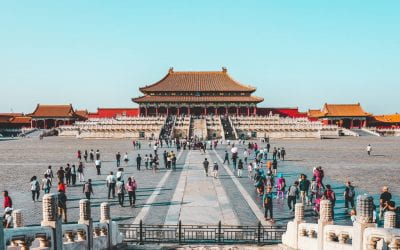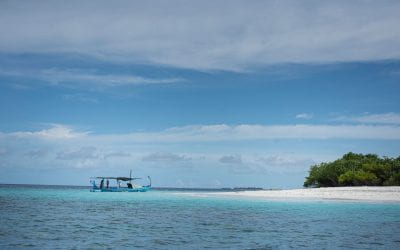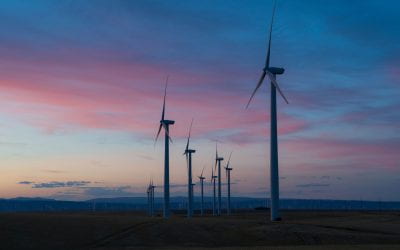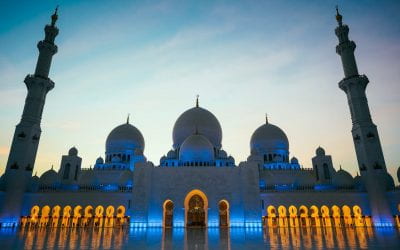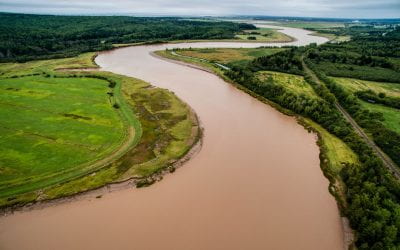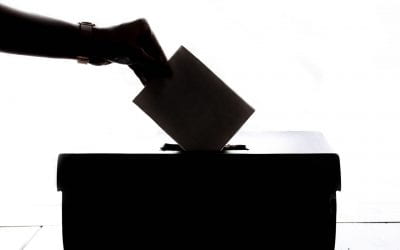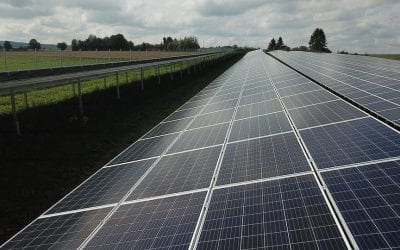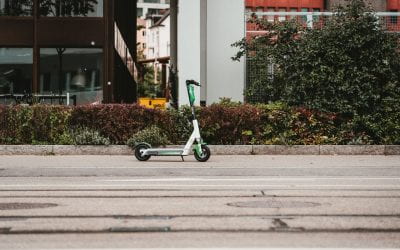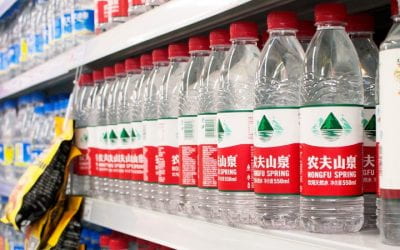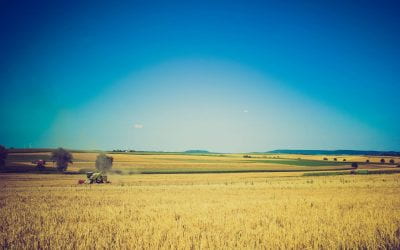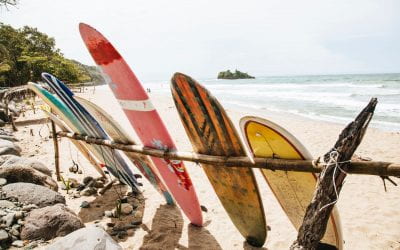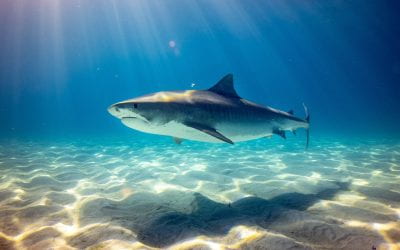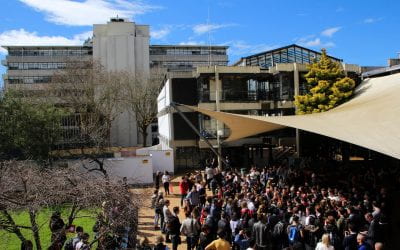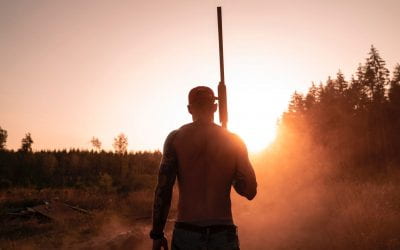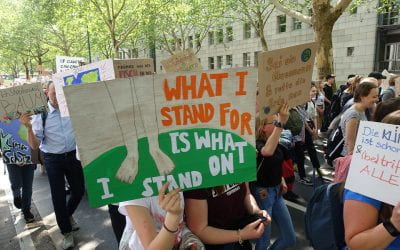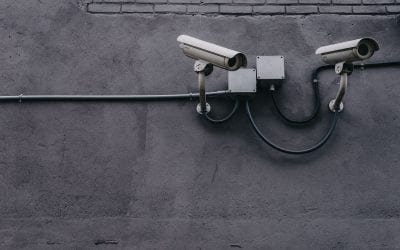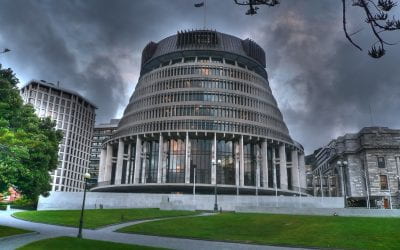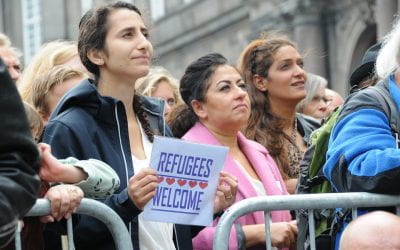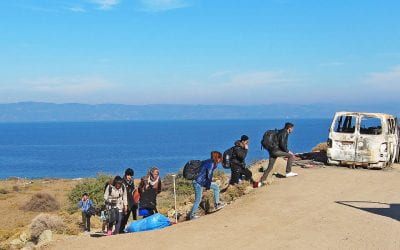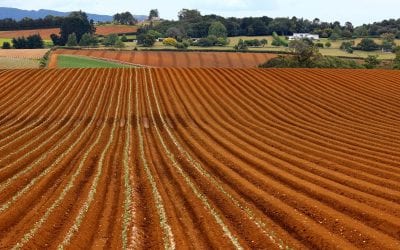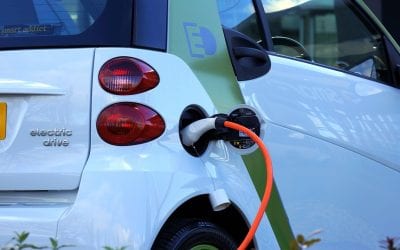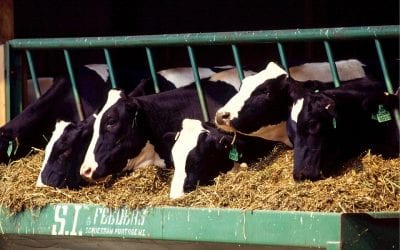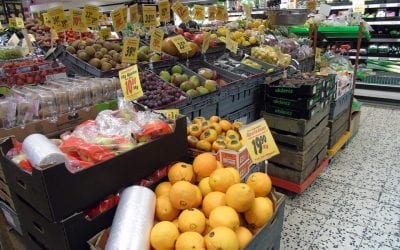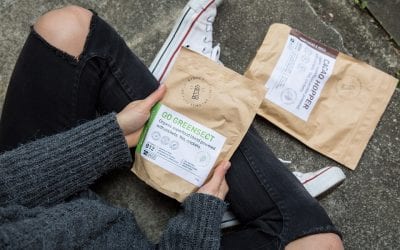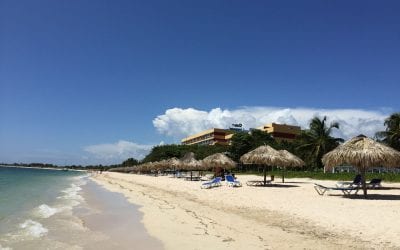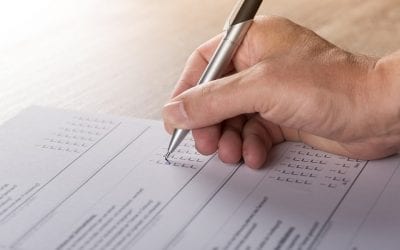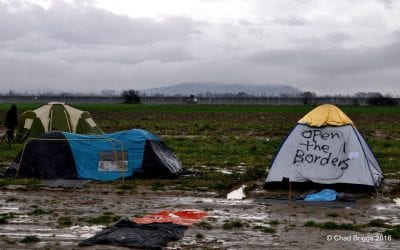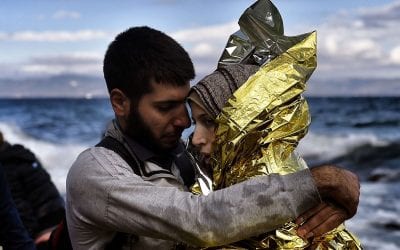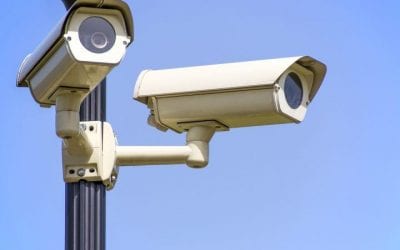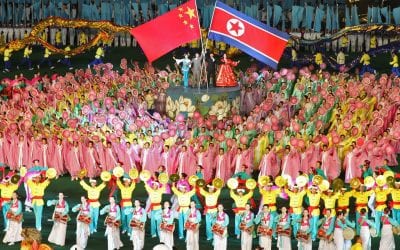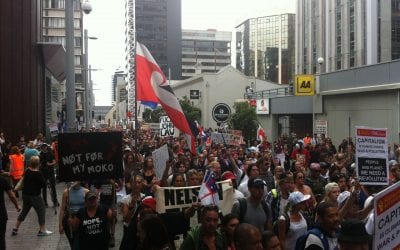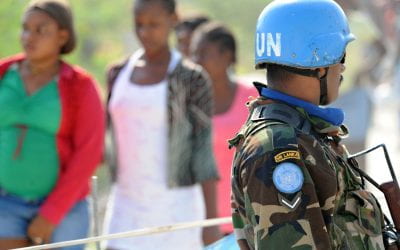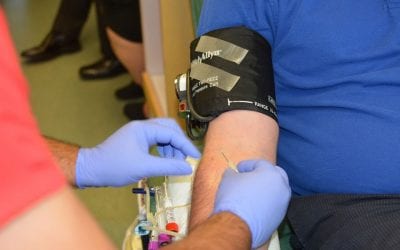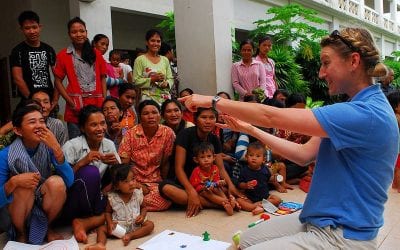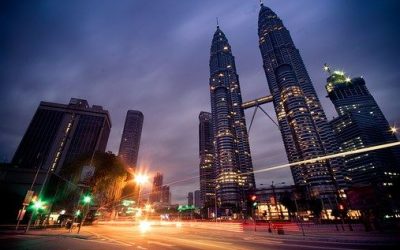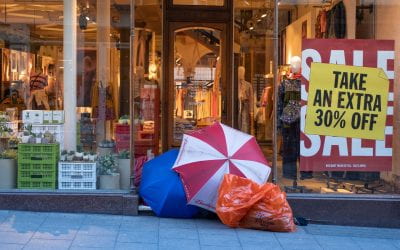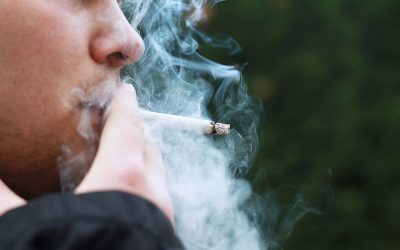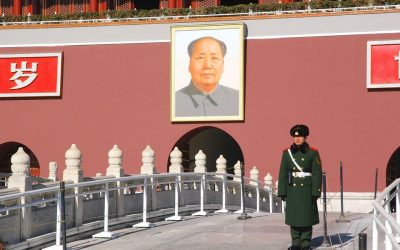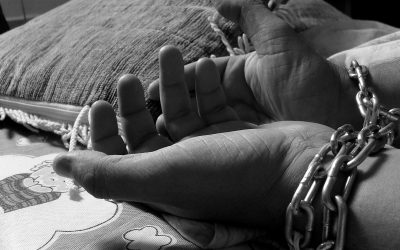Referee
AUKUS Pillar 2: Is non-nuclear membership possible for New Zealand?
“Pillar two” proposes non-nuclear membership to the AUKUS security partnership. Would the delineation be meaningful in practice?
Could one small step for supply chains mean one giant leap toward sustainable space exploration?
Without proactive leadership on environmental sustainability, the New Zealand space industry risks losing competitive advantage in a global space market with increasingly environmentally conscious customers. Shedding light on supply chains is the first step.
What are donor-advised funds and how are they turning the US culture wars into charity?
DAFs channel huge amounts of cash to ‘culture war’ groups – anonymously. Why do people get tax breaks for using them?
Is social media spending driving elections in New Zealand?
This year’s election has gone to the highest bidders. But is it all about the money? Social media spending may be a crucial part of the puzzle.
Why should we end conversion therapy? ▶
Enabled by religious bigotry and political inaction, the practice of conversion therapy continues to harm young queer people across Aotearoa.
What is the path out of our housing crisis in Aotearoa New Zealand? ▶
Aotearoa New Zealand is in the midst of a housing crisis. As house prices sky-rocket the country becomes increasingly divided by homeownership. But activist, researcher, and policy analyst Jordan King envisions a path out of the crisis.
Gaining steam or just hot air: What is the role of hydrogen in decarbonising New Zealand’s economy?
To make hydrogen competitive with fossil fuels, the Government would need to use a combination of investment, incentivisation and regulation but these benefits should only apply to certified green hydrogen, produced with renewable energy.
What is the hidden cost of New Zealand’s ‘food basket to the world’ role?
New Zealand’s reliance on pastoral farming as the backbone of its agricultural economy has a hidden cost in the form of phosphate extraction, a non-renewable resource mined at a high cost to our Pacific neighbours and the Sahrawi people in Western Sahara.
How do we address the overrepresentation of Māori children in New Zealand’s state care system?
A strong partnership with Māori is vital to restoring tikanga and reversing the impacts of colonisation. Health experts further recognise the restoration of tikanga of whānau to be integral to the well-being of Māori, therefore, reducing the likelihood of domestic violence and child abuse.
Meal kit delivery services – Can they advance sustainable eating?
Regular meal subscription services such as My Food Bag and Hello Fresh market themselves as a convenient alternative to supermarket shopping to consumers with a large focus on sustainability. But is it actually transformational change or too little, too late.
What will campaign finance reform in New Zealand look like?
In an election dominated by the response to COVID-19, a line in the Labour manifesto opened the door to campaign finance reform.
Is this the paradox of access to civil justice? Too many lawyers, but too few in civil courts?
The Rules Committee of the New Zealand Judiciary recently sought feedback from the legal profession and wider community on proposals to change some procedural rules for civil court cases.
How have sports shaped the Black Lives Matter movement?
Despite criticism, sports players have used their role and the unique platform of sports to highlight and drive change, from the Springbok tour of New Zealand to the kneeling that Colin Kaepernick did in 2016.
Does the Black Lives Matter movement reflect experiences in Aotearoa New Zealand?
In the 1970s African American activism was echoed in New Zealand influencing the creation and activism of both Ngā Tamatoa and the Polynesian Panthers. 50 years later these trends continue with protests across New Zealand sparked by the deaths of Breonna Taylor and George Floyd, and Black Lives Matter has become an issue of national political contention.
What are our rights when people commit wrongs? An examination about punishment as a right
“Were punishment made a right, there are two possible ways to formulate it: either as a right to be punished for the choices we make, or a right to punish those who wrong us.”
Substance or descriptive representation: What Does Kamala Harris’s VP candidacy really represent?
“As a Black woman, Senator Harris’s presence within the United States Senate helps address the gulf between the 15% percent African-American demographic within society and the four single African-American senators in the current Congress.”
Social media as the new wild west: How can we curb lawlessness on Facebook?
The crisis of lawlessness on Facebook means it has become a breeding ground for alienation, fragmentation and xenophobia across the globe.
Just how healthy is Aotearoa’s freshwater?
In addition to providing a source of taha wairua and taha tinana, particularly for iwi, freshwater health is recognised as a necessary strategic and productive asset for New Zealand.
What is the fate of the driverless car?
The only thing clear is that as technology accelerates, the lack of guidelines and clear accountability may chill autonomous driving commercialisation.
How did the promising aircraft design end in catastrophe? The rise and fall of the Boeing 737 MAX
Lauren Ensor looks into the rise and fall of the Boeing 737 MAX.
Can free speech cost lives?
Despite all the debates and discussions, the pandemic continues to ravage humanity and the fake news phenomenon continues to deceive some people.
Are New Zealand and China fair-weather friends?
Over the last three years, New Zealand-China relations have encountered new challenges, as Jonas Fleming explains.
« Le Parti de Le Pen » : What does the rise of the French Far-Right mean for France’s 2022 election?
Marine Le Pen has already announced her bid for the presidency in 2022.
What is the plight of climate change’s “refugees”?
Julia Budler explores the displacement of people due to climate change.
Will covid-19 change how we address the climate emergency? 🔊
Can we conceptualise a response to the climate crisis from how the world has reacted and responded to covid-19? What can we take from the response to the pandemic to start a new response to the climate crisis?
How have faith communities responded to Covid-19?
In response to the global spread of Covid-19, many faith communities including churches, mosques, synagogues, temples and gurdwaras have suspended their meetings and services in order to contain the spread of the coronavirus.
What technologies can help clean up rivers? 🔊
New Zealand has a dirty rivers problem. In 2017, two-thirds of the country’s rivers were deemed too polluted to swim in. Given this, research is being carried out to find ways in which the country can attempt to clean up its rivers.
Dear John, could you be the Kingmaker? Intriguing possibilities in 2020 New Zealand election
Recent political polling suggests that the 2020 New Zealand general election will be a close affair. The result could very well rely on the success of minor parties and the horse-trading that goes on between the parties before and after polling day.
Off the grid: How can we optimise solar power in Oceania and beyond?
As it becomes obvious that society’s use of fossil fuels needs to be addressed, renewable sources of energy have been celebrated as a way for the world to break its fossil fuel dependence.
E-scooters and human rights: What are the ethical dilemmas in their supply chain and in consumers’ wellbeing?
E-scooters have taken off. But what are the ethical dilemmas in their supply chain and in consumers’ wellbeing?
Is New Zealand giving away control over its water?
Water issues have come into the spotlight in recent years with foreign water bottling companies setting up plants in New Zealand, as Mia Chung explains.
Can New Zealand transition to a plant-based future?
Grant Galbreath looks at whether New Zealand can transition to a plant-based future?
Are surfers selfish?
Are surfers selfish when it comes to looking after the environment?
Q+A: Why are shark populations in decline?
Often thought of as the king of the ocean, shark populations are on the decline the world over, while their habitats have been affected by human contact.
Is the University of Auckland becoming more sustainable?
Over the past few decades, Auckland University has been monitoring their carbon emissions and rates of sustainability to reduce the environmental impact of both the university and New Zealand. Has it been working?
Q+A: How did America become the home of mass shootings?
Julia Rallo spoke with Patrick Blanchfield about the epidemic of gun violence and asks the question: do mass shootings emerge from free-speech message boards like 8chan, or from American culture itself?
Q+A: Are we living in a climate of ignorance?
Are we living in a climate of ignorance when it comes to discussing climate change? Joel Rindelaub seems to think so.
What can we learn from Estonia’s cyber revolution?
Logan Carmichael explores Estonia’s cyber revolution and what we can learn from it.
Memes, manifestos, murder: Fascist radicalisation online, and how we can stop it ▶
In a talk given at the University of Auckland, Emmi Bevensee talks about her doctoral research into fascist radicalisation online.
Can the media influence the side effects of medication?
Kate Mackrill explores what is known as the nocebo effect and whether the media can, in fact, influence the side effects of medication.
Are New Zealand’s colonial institutions pushing Māori toward a life of crime?
Are New Zealand’s colonial institutions pushing Māori toward a life of crime? Ethan Kisby explores.
Why are some migrants seen as more deserving than others?
Why are some migrants seen as more deserving than others? James Nicol investigates.
The meme politics of white supremacy: How does fascist radicalisation happen on the internet?
The devastating anti-Muslim attacks carried out in Christchurch in March this year were part of a trend of disaffected white men radicalised into fascist politics through social media meme culture, according to Emmi Bevensee.
How can we explain the current wave of anti-immigrant sentiment?
James Nicol explores the rise of anti-immigrant sentiment in western countries.
Could Auckland’s urban sprawl affect food security?
Is Auckland’s food security under threat from urban sprawl? Alexander Louis explores.
Is our obsession with electric mobility driving an increase in lead poisoning?
The popularity of electric vehicles in New Zealand is increasing every year, but is our obsession with electric mobility driving an increase in lead poisoning?
Clean green beef no longer on our menu? How feedlots are changing the face of the New Zealand agri-food system
Madeline Shelling outlines how feedlots have changed the face of the New Zealand agri-food system.
How wholesome is your local wholefoods store?
How wholesome is your local wholefoods store? Morgan Renata investigates.
Could insects be the answer to food insecurity?
With more scientists saying we should give up meat for the sake of the environment, are insects the answer to food insecurity?
How much is your island holiday really costing?
2017 saw the highest international tourism numbers in seven years. However, there is a cost, as Archana Chand explains.
Could New Zealand suffer an act of cyberwar?
Could New Zealand suffer an act of cyberwar? Hannah Brown explores.
Representation, fairness and turnout: How is our electoral system delivering?
Is New Zealand’s electoral system delivering? Maryam Hamid investigates.
Colin Kaepernick & Nike: Activism, or marketing strategy?
Was Nike’s advertising campaign featuring exiled football player Colin Kaepernick a statement of political principle or a cynical marketing ploy? Claudia Russell investigates.
The loss of personhood: Identity in refugee camps
India-Mae Osborne looks at the harrowing and dehumanising experiences of migrants, refugees, and asylum-seekers in the displaced persons camp system.
Human Rights vs. State Policy: Greece’s Refugee Containment Camps
India-Mae Osborne analyses the refugee crisis in Greece and the treatment of migrants and asylum-seekers.
Johan Chang kicks off his series podcast series Technobabble on science journalism.
Why is New Zealand trailing Australia in cyber security?
Hannah Brown investigates why New Zealand is trailing Australia when it comes to cyber security.
Will Korean reunification alter Sino-North Korean relations?
Guechbouy OEUNG (Min) looks at whether a reunified Korea would alter Sino-North Korean relations.
New Zealand Defence Force prepares for cyber threats
Hannah Brown investigates how the NZ Defence Force is looking to combat cyber security threats.
Q+A: Why do people ‘take action’?
What makes people take action? And what goes on in the minds of those who don’t?
Humanitarian intervention: More harm than good?
Does humanitarian intervention do more harm than good? Blaise Lidstone-White investigates.
Russian trolls and bots: What are they, what they do and how to craft effective responses
Pamela Williamson looks into the world of Russian trolls and bots.
Bad blood: Risk or discrimination?
Simon Stewart investigates whether members of the gay community are discriminated against when it comes to the option of donating blood.
What is voluntourism? Human trafficking and modern slavery
What is voluntourism? Claudia Russell looks into the ‘industry’ which has been likened to slavery and human trafficking.
Freedom to or freedom from? The question simmering beneath the gun control debate
Beth Owens explores the issue of gun control in the United States.
Q+A: Are our indigenous communities really free?
In an age where indigenous communities still struggle to maintain their autonomy, Alyssa Medel talks to Dan Hikuroa about whether indigenous communities are really free.
Facebook isn’t cool anymore: What killed it?
Facebook continues to make profits for the time being, largely due to an increase in users aged 55 and over. However, multiple sources predict that the end is nigh.
Q+A: How severe is New Zealand’s mental health crisis?
Rosie Gordon speaks with Barbara Stainforth about the severity of the mental health crisis in Aotearoa.
Change has come? Making sense of the 2018 Malaysian election
Andrew Lim tries to make sense of the recent Malaysian election and the changes that have occurred as a result.
Q+A: Can we end homelessness in New Zealand?
New Zealand has some of the worst housing deprivation rates in the developed world per capita, and they appear to be getting worse. Reuben McLaren speaks with clinical psychologist and founder of the Housing First model Dr Sam Tsemberis about housing and ending homelessness.
Q+A: Are there secondhand consequences of new smoking policies?
Reuben McLaren speaks to Marewa Glover about whether the Government’s smokefree 2025 policy is indeed the least harmful way to reduce the harm that tobacco causes.
Are governance styles changing in China?
Lucy Austin explores whether governance styles are changing in China in light of the introduction of presidential term limits.
Where on the continuum does “normal” turn into “problematic” internet usage?
The last two decades have seen the Internet become an essential medium for occupational, academic, and personal purposes. As our culture becomes more dependent on the Internet, it is no surprise that we are starting to hear reports of people displaying problematic behaviour in relation to compulsive use of such technology.
What lies behind the sex trafficking of Yazidi women?
For decades the most effective weapon of war and conflict has been rape. The strategic use of female sexual violation has manifested itself into sex trafficking and sex slavery in the 21st century. This terrible outcome of war has affected many groups around the world, but few as severely as the Yazidi people.

